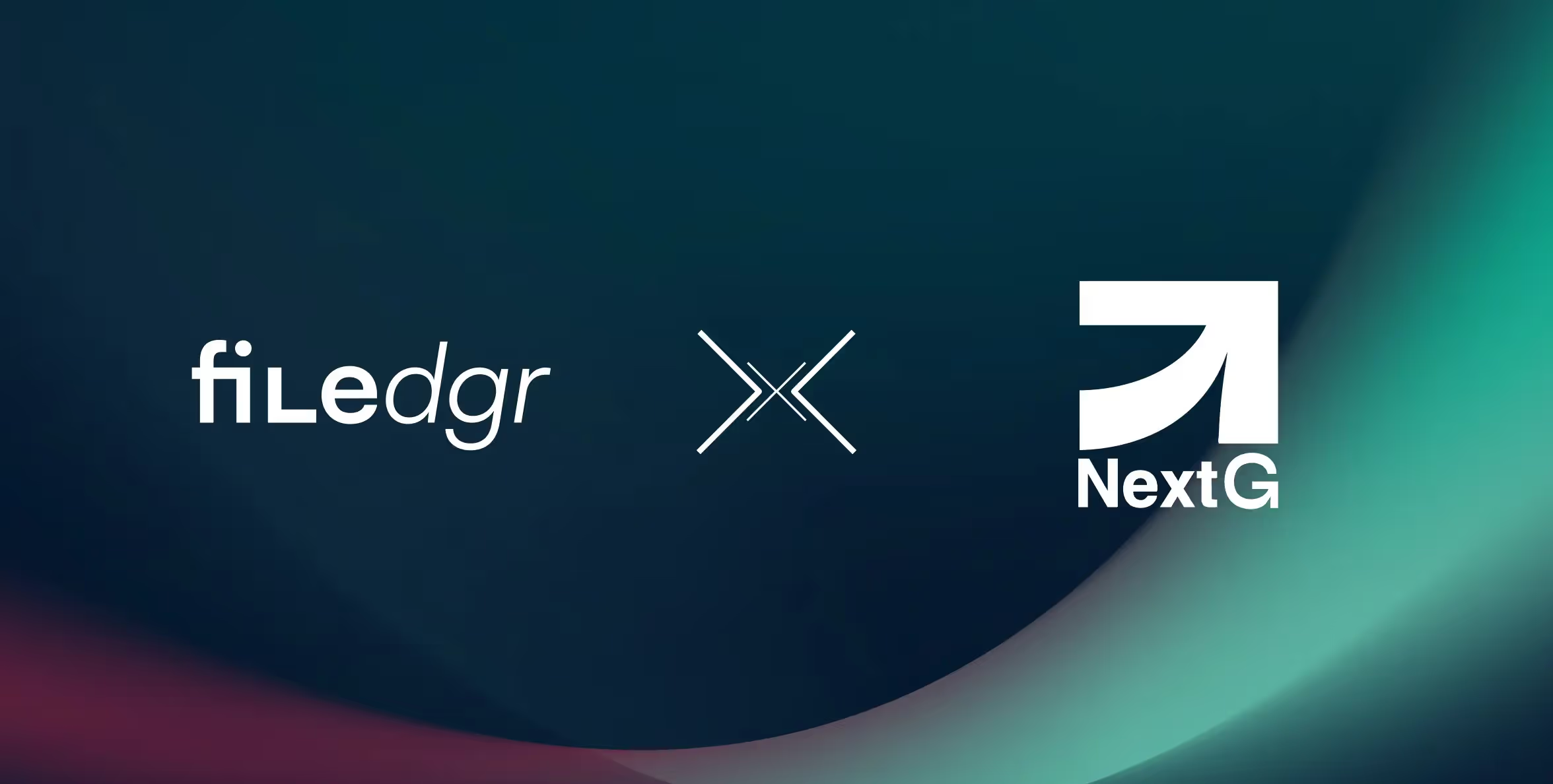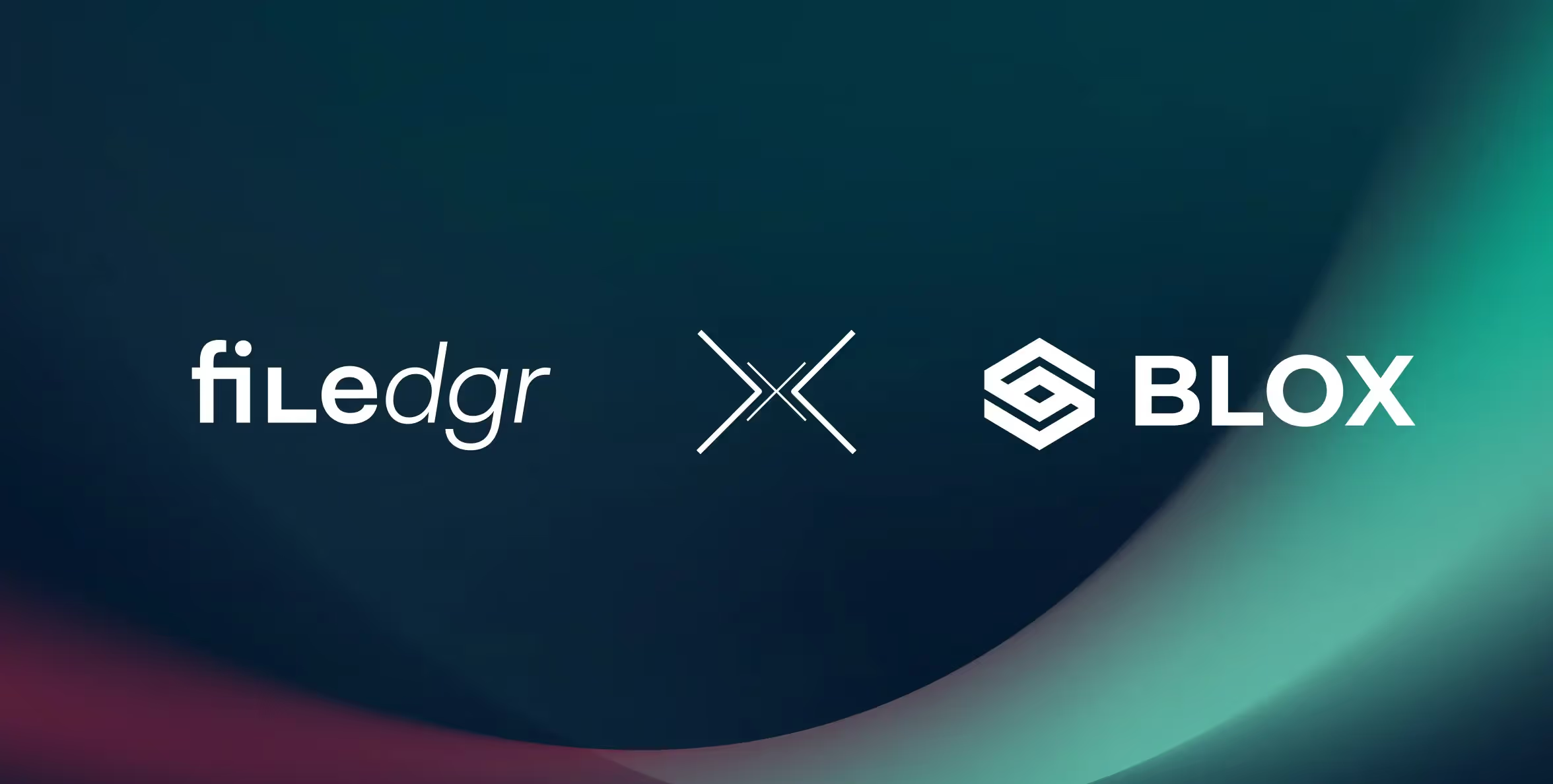Verify, manage, and share data with confidence
Filedgr digitizes assets and creates verifiable records. We help you lower compliance costs, reduce risk and enable secure collaboration across your enterprise.
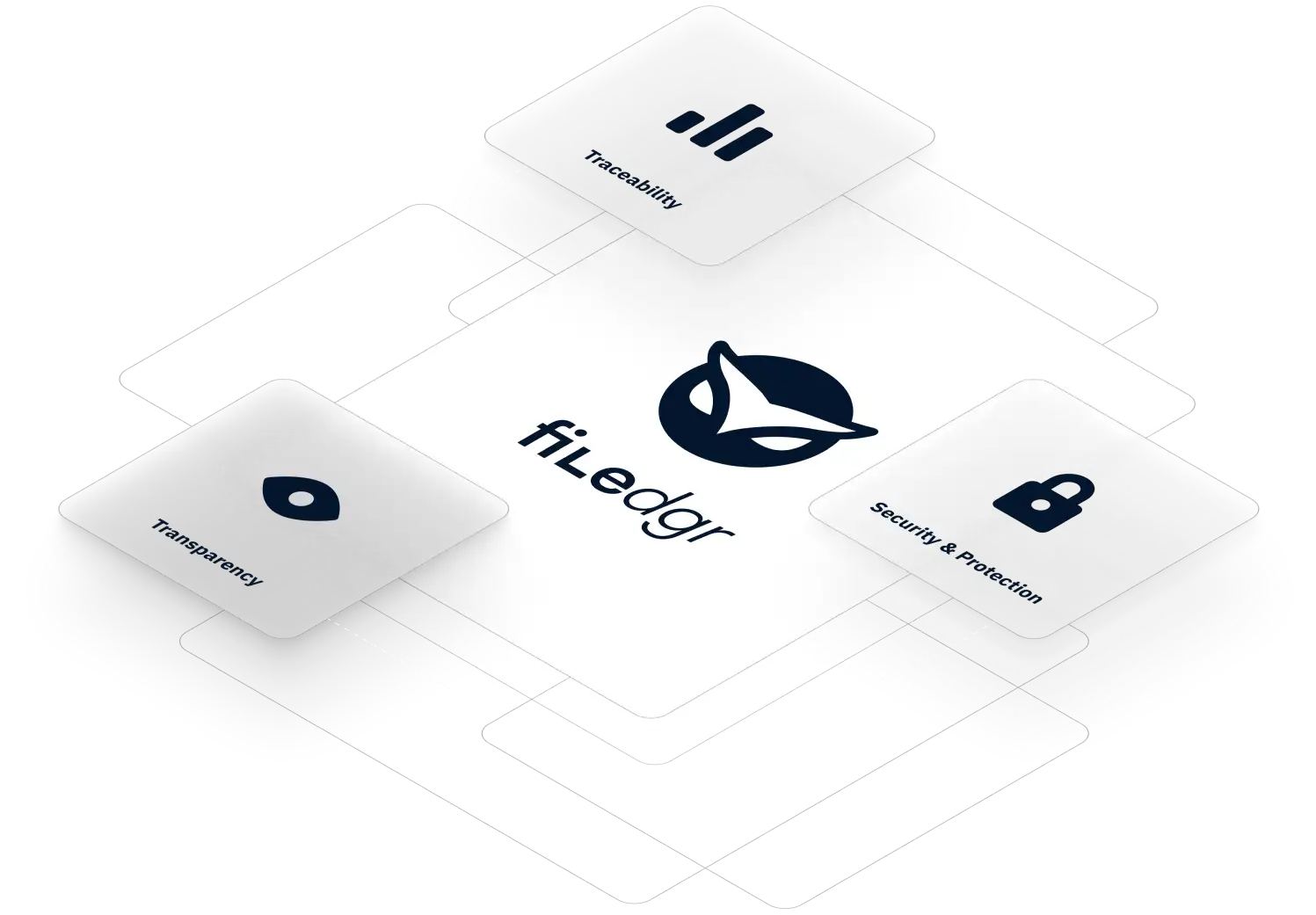




























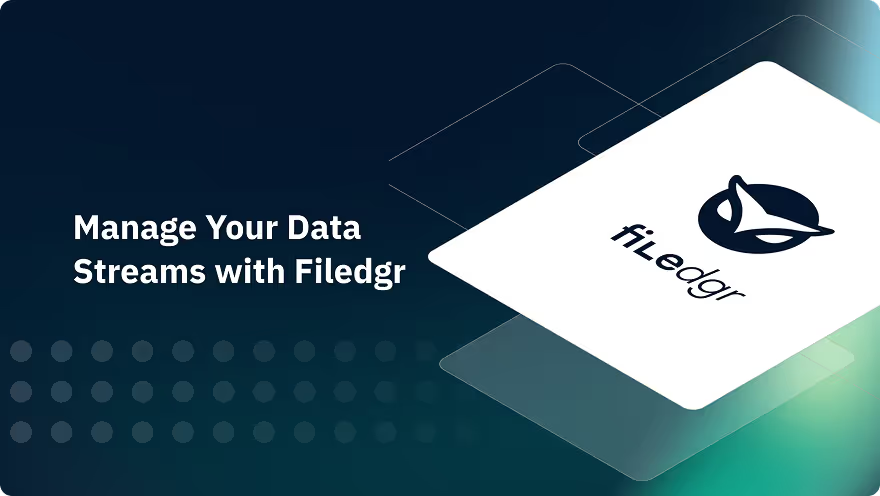
Publish once, prove everywhere and stay in control
We turn critical information into signed, timestamped proof that prevents costly mistakes, accelerates processes, and strengthens trust with everyone you work with.
Secure and compliant data management
Be audit-ready at any time
Audit Ready Compliance streamlines regulatory reporting, prevents costly fines, and delivers immutable audit trails. Whether it’s CSRD, EUDR, or NAV price discovery, compliance becomes your advantage, not your burden.
Discover how
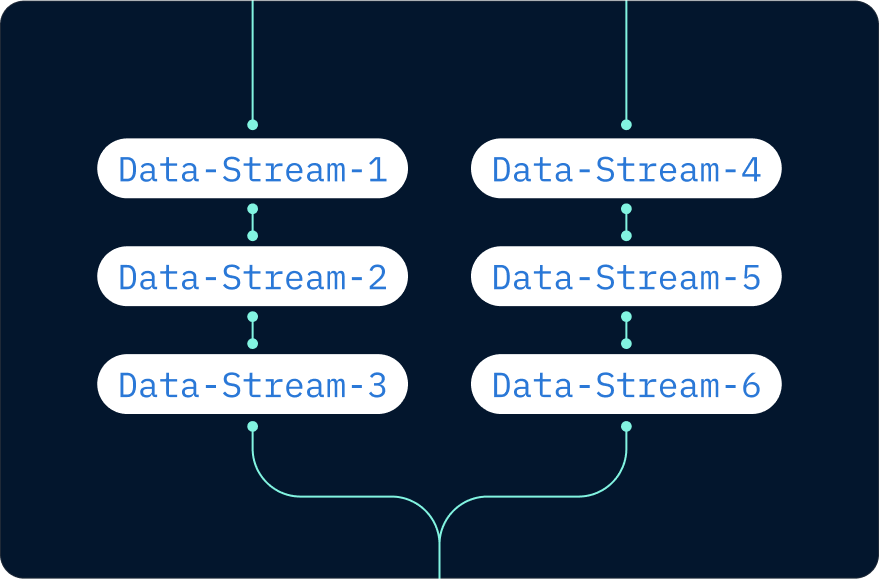


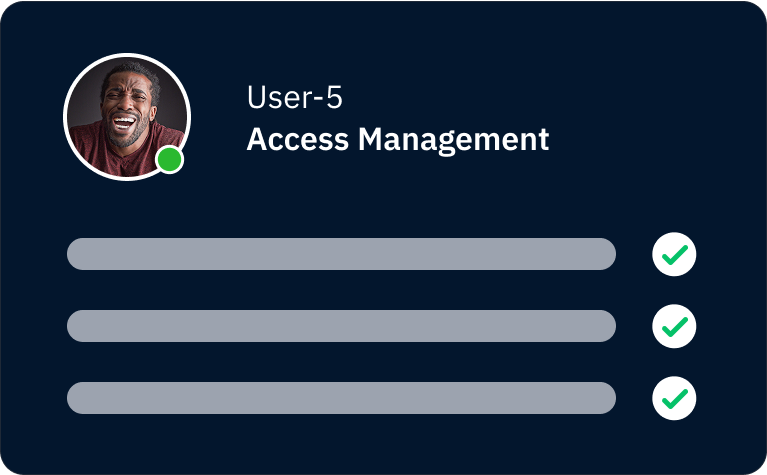
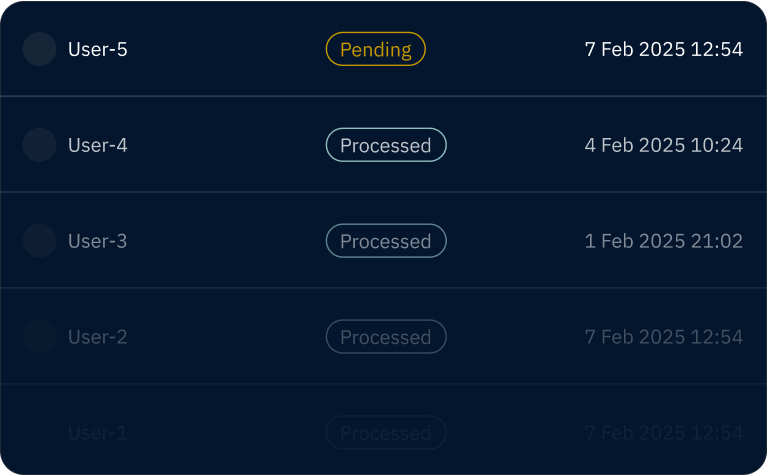
Control who sees what, when, and how
Controlled Data Management gives you granular access control and KYB-ready processes, ensuring only the right people see the right information. From supply chains to legal docs, stay in charge without complexity.
Discover howShare your data with confidence
With Secure Data Sharing, you control every data flow and provide verifiable integrity for investors, partners, or regulators. Protect against fraud and build trust across Finance, Insurance, and beyond.
Discover how
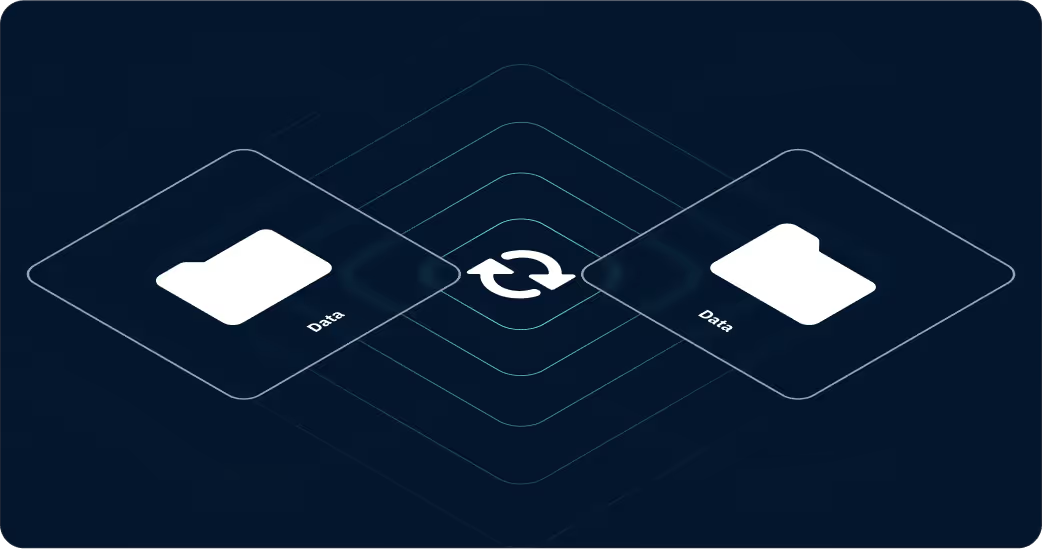
Tailored to your mission across multiple industries
Financial services compliance
Manage KYB processes seamlessly, prevent costly NAV errors, and provide tamper-proof fund documentation. Build trust with investors, meet regulatory requirements, and increase conversion in tokenized assets.

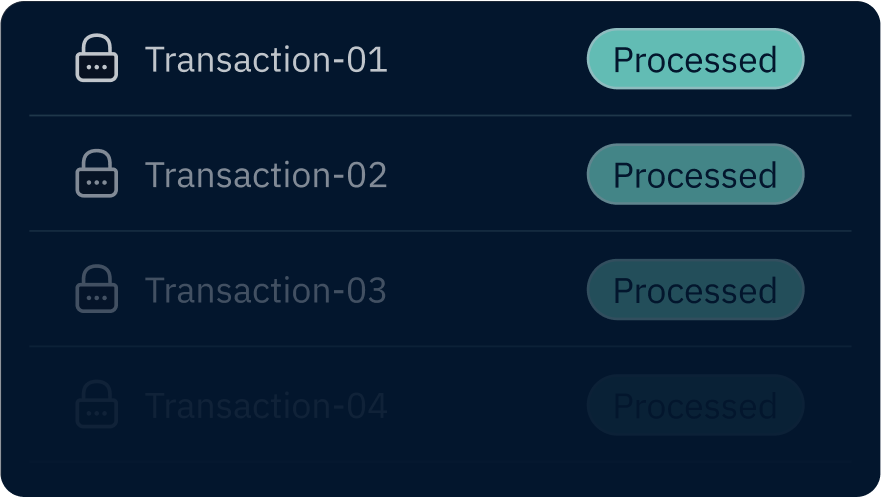


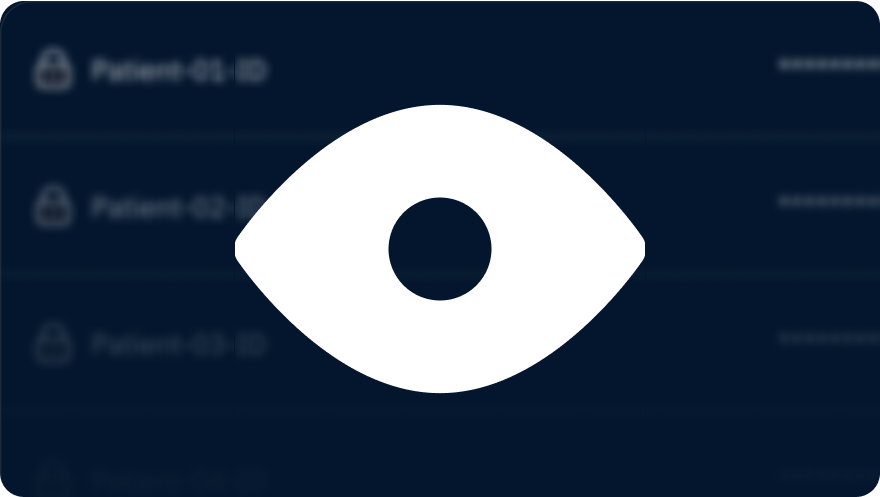
Insurance record management
Secure every claim with immutable records, verify policy data across stakeholders, and share only what’s necessary with regulators and partners. Reduce fraud, speed up audits, and strengthen confidence in your insurance processes.
Corporate compliance audits
Generate immutable audit trails, automate regulatory reporting, and protect liability with signed attestations. Be audit-ready anytime, reduce compliance costs, and turn regulation into a competitive advantage.


Get started today
Stay ahead of audits and evolving regulations with verified integrity.
Get in touch to learn more.
Trusted by industry leaders
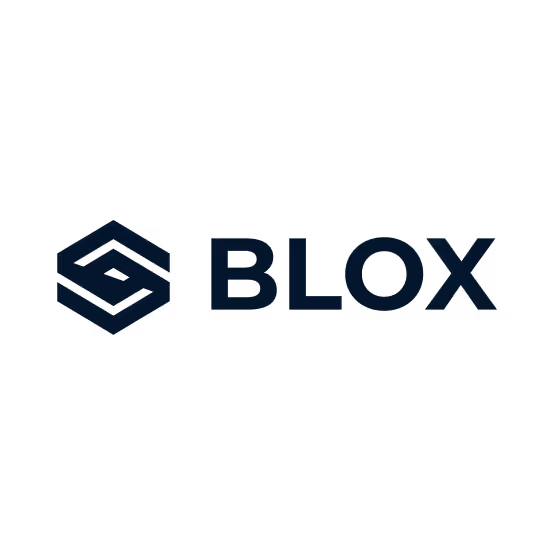
Bloxcross
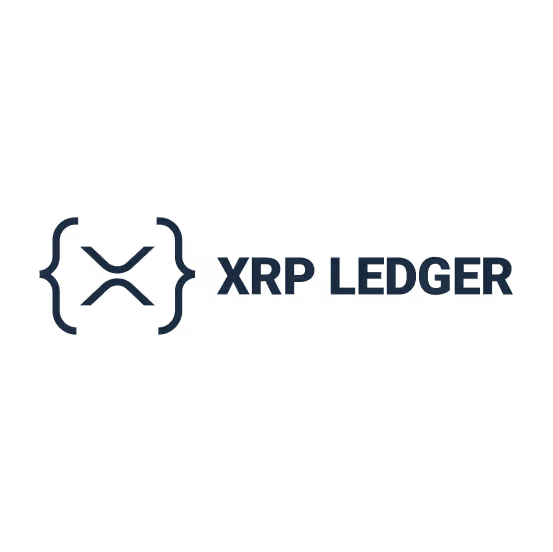
XRP Ledger

SRD
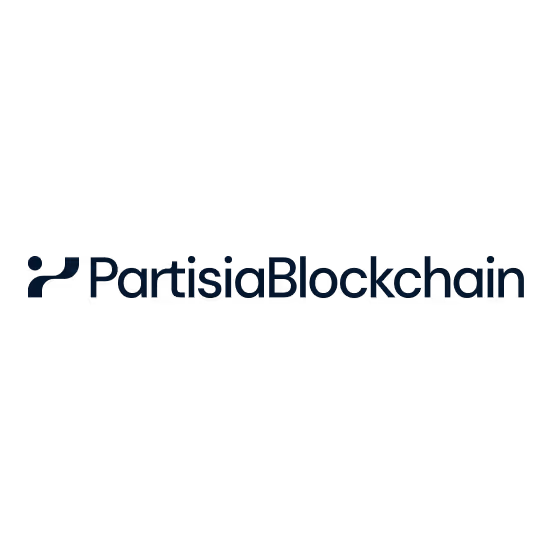
Partisia Blockchain
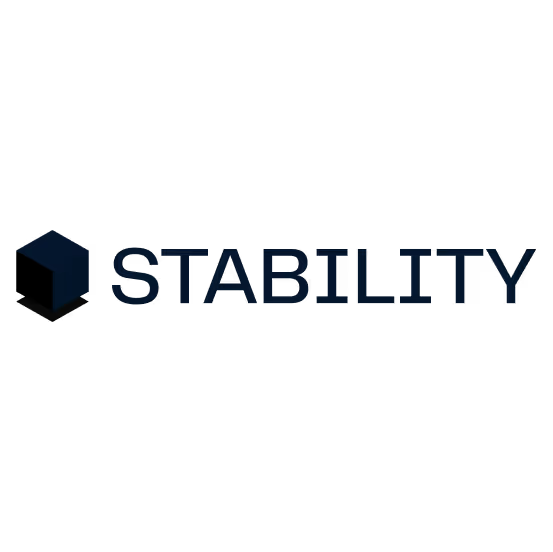
Stability Protocol

on:mint

Welt der Wunder

Onino

Bloxcross

XRP Ledger

SRD

Partisia Blockchain

Bloxcross

XRP Ledger










